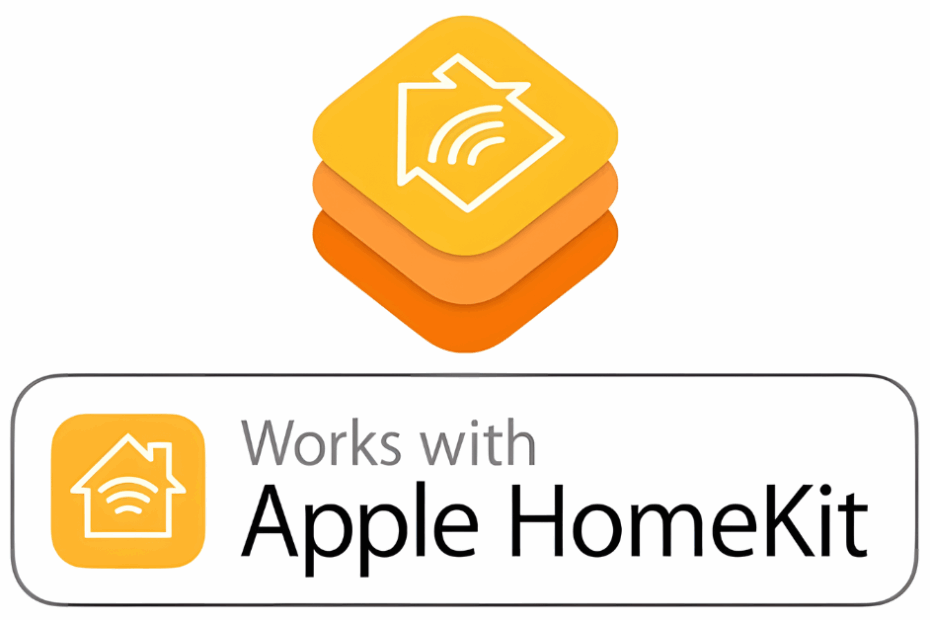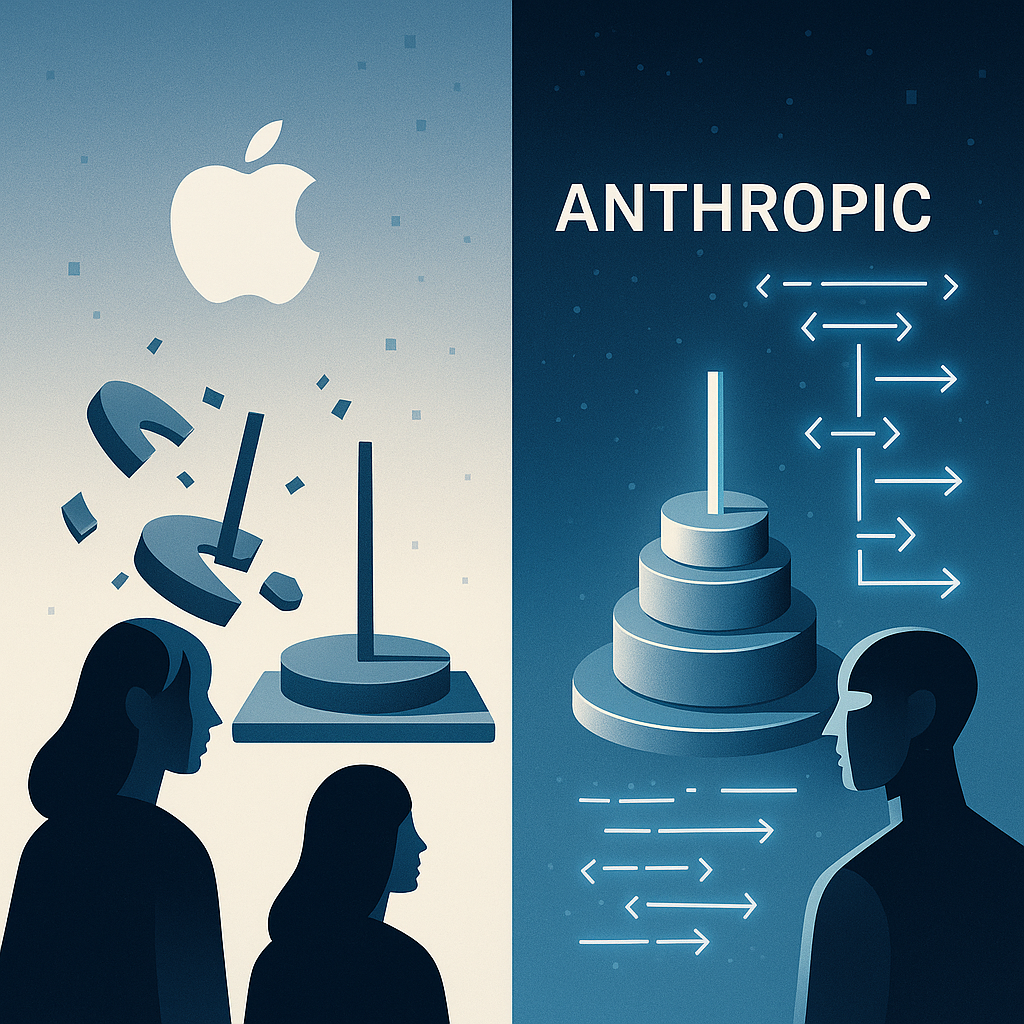Apple faces mounting pressure as competitors surge ahead in smart home innovation. The tech giant’s HomeKit platform lags behind rivals who are successfully integrating advanced artificial intelligence into their connected home ecosystems.
This growing divide highlights deeper challenges within Apple’s AI strategy and threatens its position in a market where intelligent automation has become the gold standard.
The Widening Smart Home Gap
Apple’s struggles become evident when examining smart home automation capabilities. Samsung has introduced features allowing users to create complex routines through simple voice commands. Users can tell the system to turn off lights and adjust thermostats when leaving home, with the platform automatically configuring these tasks without manual setup. HomeKit requires a more hands-on approach that proves less intuitive for similar functions.
Also Read: Is Artificial Intelligence creating a deep crisis for modern education?
Google and Amazon are developing comparable AI-driven features, leaving Apple trailing in the shift toward accessible smart home control. This user-friendly automation appeals to consumers who find complex programming intimidating, creating a significant competitive disadvantage for Apple’s platform.
Beyond Voice Commands
HomeKit’s limitations extend past natural language automation. Users have requested basic features now standard on competing platforms, including time delays within routines. This functionality enables sophisticated automations like morning sequences that gradually brighten lights, start coffee makers, then raise blinds after preset intervals.
The absence of such capabilities prevents users from creating truly intelligent living environments. These missing features reflect broader gaps in advanced functionality compared to the dynamic, customizable ecosystems competitors offer. Without these nuanced routine options, Apple’s platform feels less sophisticated than rival systems.
A Symptom of a Larger AI Problem
These smart home shortcomings reflect Apple’s broader artificial intelligence challenges. Apple Intelligence has faced rollout delays, while Siri continues receiving criticism for being less capable than Google and OpenAI assistants. Strong AI forms the foundation of modern smart homes, and Apple’s difficulties directly impact HomeKit’s capabilities.
Also Read: AWS and Anthropic launch ‘Project Rainier’, a new AI superpower
These AI struggles have reportedly delayed new smart home hardware from Apple, including a rumored smart display. This postponement not only stalls Apple’s hardware expansion but provides competitors additional time to strengthen their market positions.
The slow innovation pace could weaken Apple’s entire ecosystem appeal as consumers gravitate toward more advanced AI-powered features from other platforms.





